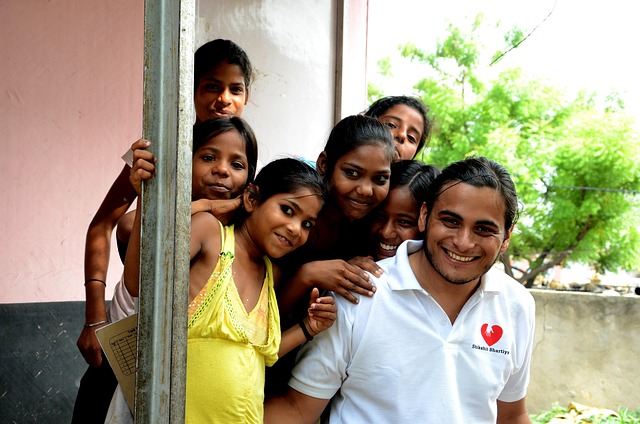
Optimizing Volunteer Task Allocation: A Philanthropic Approach
In today’s world, the spirit of philanthropy is more vital than ever. Across the globe, countless individuals and organizations come together, dedicating their time and resources to uplift communities and those in need. However, as the landscape of volunteering evolves, so too must our approaches to volunteer task allocation. Ensuring that each volunteer’s unique skills are harnessed optimally can significantly impact the efficacy of philanthropic efforts.
Foundations often play a pivotal role in streamlining volunteer efforts. They bring together passionate individuals from various backgrounds, each eager to contribute positively. Yet, the challenge lies in matching these volunteers with tasks that not only align with their skills but also resonate with their passions. Effective volunteer task allocation is the key to unlocking the full potential of these altruistic endeavors.
When we consider the economy of volunteering, it becomes clear that optimal task allocation does more than enhance productivity; it also creates a richer experience for the volunteers. By aligning tasks with personal aspirations, volunteers are more likely to remain engaged and motivated, leading to sustainable philanthropic efforts. For instance, a volunteer with a background in marketing may find joy in promoting a charity event, while another with experience in social work could thrive in a direct support role.
Moreover, as charitable organizations face ever-increasing demands, understanding how to efficiently allocate volunteer tasks can lead to greater resource management. A strong allocation system can save time and prevent burnout among volunteers, enabling organizations to focus on their core missions. While the economy of volunteer work may be based on goodwill rather than financial transactions, the principle of making the best use of available resources is still paramount.
One effective strategy in optimizing volunteer task allocation is to implement a skills matrix. This tool can help organizations identify the unique skills and experiences volunteers bring to the table, allowing for a more tailored assignment of tasks. Regular surveys and feedback sessions can also enhance this process, giving volunteers a platform to express their interests and suggestions, leading to a more collaborative environment.
In addition, attention to volunteer well-being can’t be overstated. When volunteers feel valued and their contributions seen, they are more likely to advocate for the cause, attracting even more support. A culture that prioritizes a positive experience not only strengthens existing volunteer commitments but also cultivates new relationships within the community, broadening the impact of philanthropic initiatives.
In the end, optimizing volunteer task allocation is not just about efficiency; it’s about fostering a culture of giving that resonates deeply with the values of community and support. By embracing innovative strategies and focusing on the individual strengths of each volunteer, organizations can enhance their impact and foster a thriving volunteer ecosystem.



